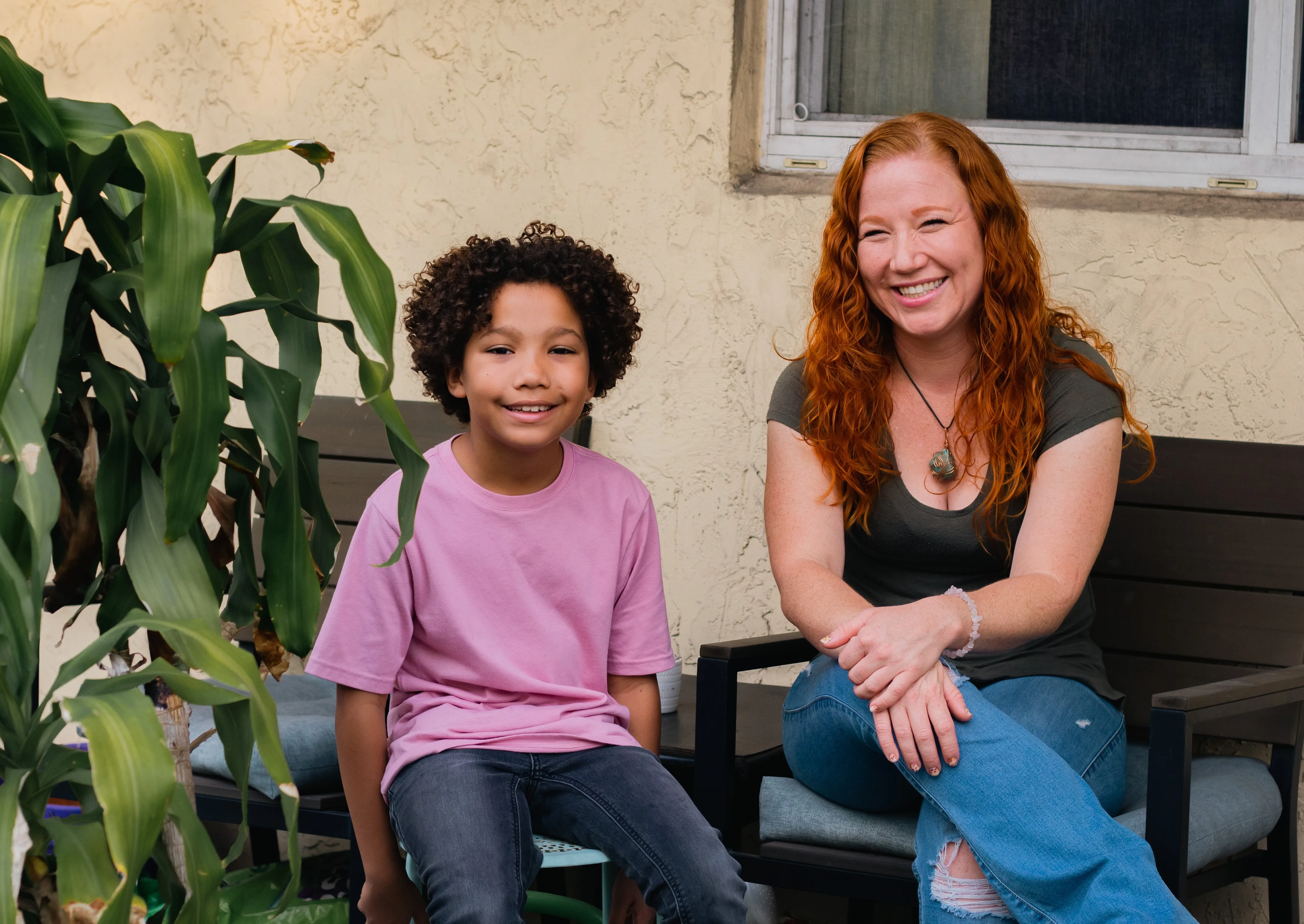As the United States struggles with rising absenteeism and declining enrollment in our schools, it is important to consider how homelessness and chronic absenteeism are intertwined. September is Attendance Awareness Month and students experiencing homelessness face unique challenges to attending school. But their educational success is critical to helping these youth build a stable future.
According to the National Center for Homeless Education, nearly half (48%) of students nationwide who experienced homelessness during the 2022-2023 school year missed 10% or more of their school days, making them chronically absent. That number is 12% higher than low-income students and 22% higher than the general population of students. In Florida, the percentage is even higher, as 59.8% of kids who experienced homelessness were chronically absent from school.
Students who are experiencing homelessness face many barriers to enrolling in and attending school. These barriers include a lack of transportation, lack of a fixed address for enrollment, and frequent school transfers. There are also social factors, such as the stigma associated with being homeless and fear of being bullied.
Missing school has real consequences for students that extend beyond the classroom. Students who experienced homelessness in the 2021-2022 school year graduated at a rate of 68%, which is 19% lower than the general student population. Not having a high school diploma or GED makes youth 4.5 times more likely to experience homelessness later in life.
The McKinney-Vento Homeless Assistance Act is a federal law that addresses the needs of students experiencing homelessness. The act aims to remove barriers to homeless students accessing education, including waiving certain enrollment documents, providing transportation, and allowing students to stay enrolled in their “school of origin” regardless of their residence. Adopt-A-Family is proud to work with the School District of Palm Beach County to identify and support local students experiencing homelessness.
Our agency understands the vital importance of education in our mission to give the families we serve a pathway to success. Two-thirds of our clients are children; we want to make sure that they have the support and resources they need to thrive in school. Our youth education programs include Project Grow, an afterschool and summer program that serves our elementary school students; the Youth Success Program, an academic and social support program for our middle and high school students; and our Gen2 Education Partnership, which seeks to connect all children in our housing programs to educational assistance and opportunities. To celebrate Attendance Awareness month, our Gen2 leadership requested student attendance reports and will be giving incentives and awards to children with perfect attendance.
Supporting a child’s education doesn’t just improve their present circumstance; it is also one of the strongest tools to break the cycle of poverty and prevent more episodes of homelessness in a student’s adult life. When we work together as a community, we can ensure that our most vulnerable students are supported and equipped to build brighter futures for themselves and their families.


